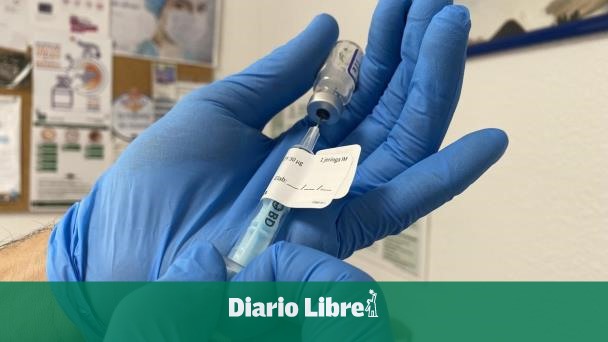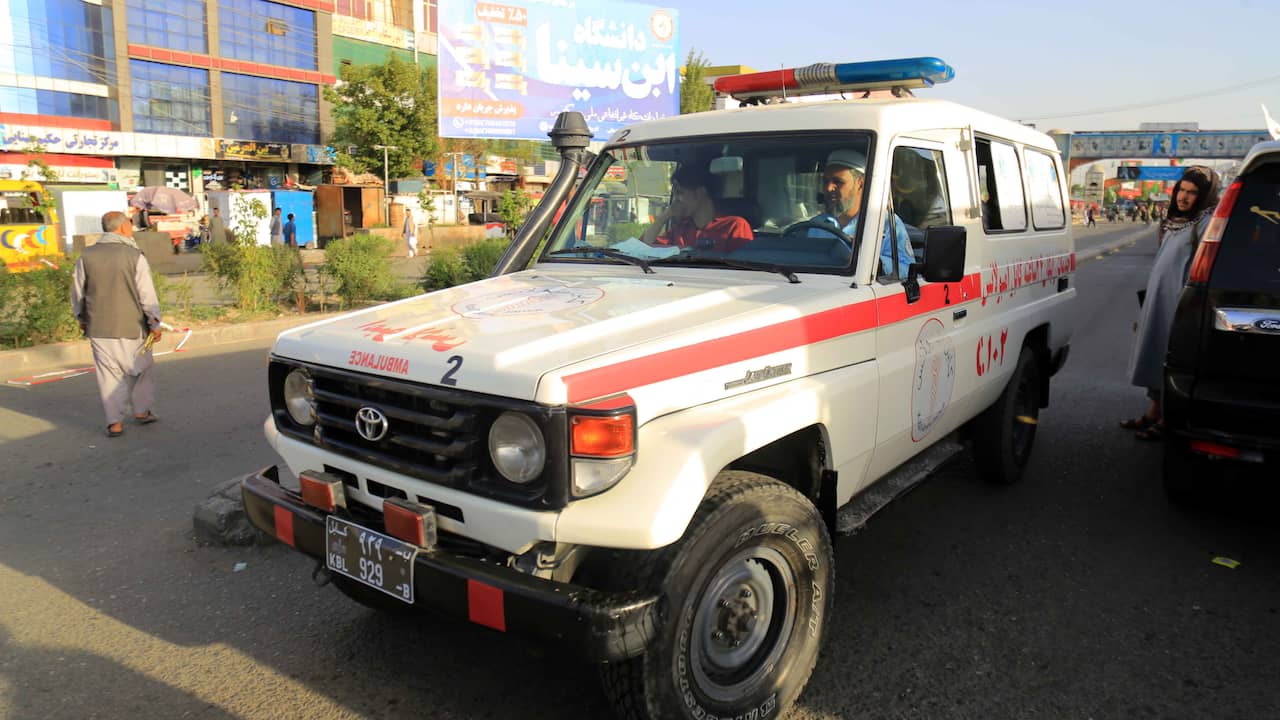The European Commission will invest up to €80 million in 2023 to help develop vaccines against COVID-19 second-generation machines, also with the intention of finding new technologies that can be used to fight other diseases, the institution announced on Wednesday.
This is one of the measures of the strategy Brussels to prevent, detect and respond to future health crises, as well as its intention to strengthen supply chains for vaccine production in the event of a new health crisis.
The potential of a new pandemic It could result, according to the Community Executive last July, from the rise of antimicrobial resistance or even from chemical, biological, radioactive or nuclear threats.
The Commission will also continue to strengthen the Health Emergency Preparedness and Response Authority (HERA), the agency responsible for rapidly preventing, detecting and responding to health emergencies that Brussels created last year, according to health commissioner Stella Kyriakides, in a meeting with a small group of media, including EFE.
“Since 2020, the EU has significantly strengthened its health security architecture and response through a European Health Union, with the creation of HERA as its hub,” said Kyriakides.
“Over the coming years, we will continue to strengthen the EU’s collective preparedness capabilities in close cooperation with member states and work with international partners to ensure that when the next crisis arrives, we will be ready to address it swiftly and decisively,” he said. added.
International cooperation is the other pillar of this strategy, with which the EU intends to help its partners, mainly in Africa and Latin America, to improve their capacities to produce vaccines and other medicines in their own countries.
Brussels wants to make health investments in these countries through its Global Gateway strategy, the plan with which it wants to counter the new Chinese silk road.
The EU executive also wants to strengthen global health governance, increasing collaboration with the G7, the G20 and the World Health Organization.
“Health is no longer limited to a scientific and medical issue. It has become a critical element of foreign, security and trade policies, as well as a key area of international cooperation,” said the EU high representative. Business, Josep Borrell.


